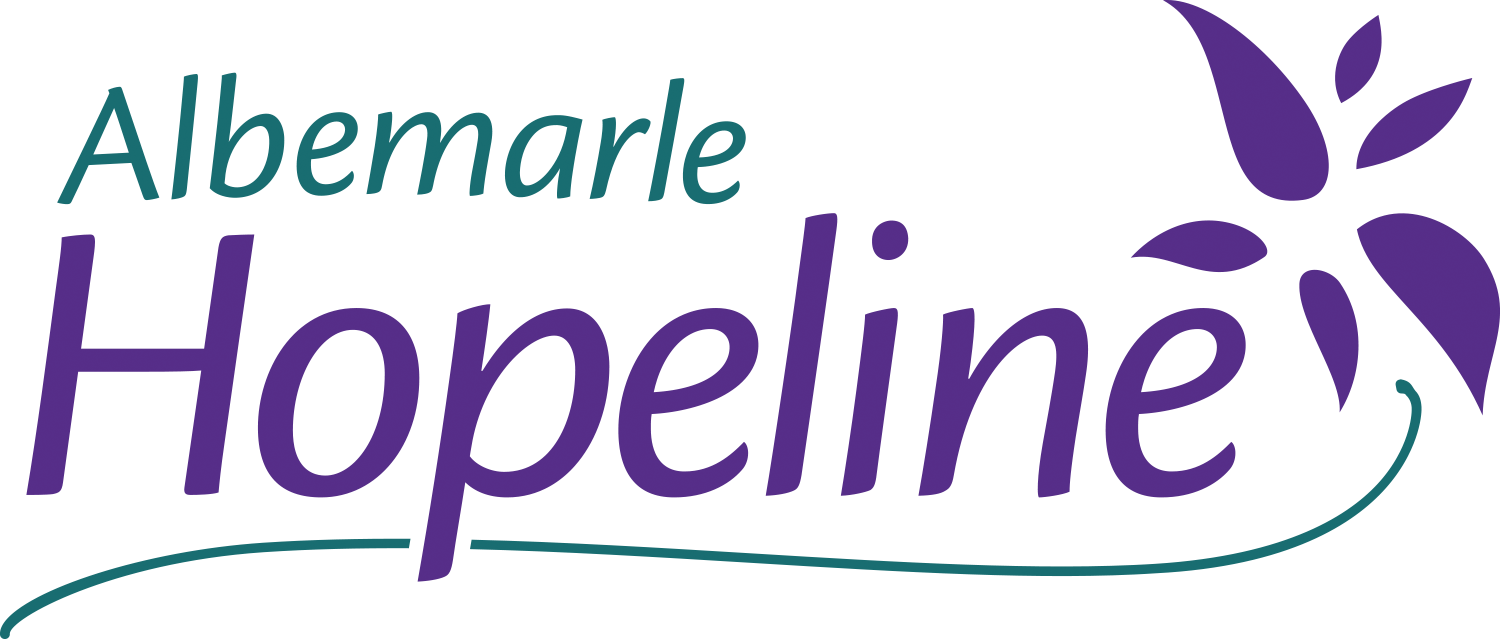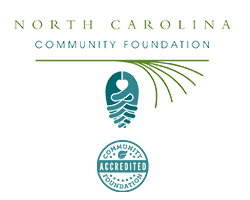The holidays can be a difficult time, and may be even more challenging for victims and survivors of intimate partner violence. But, the more you can anticipate stressors and triggers, and have a plan to deal with them, the more you can preserve your safety and mental health. The Hopeline team would like to share some suggestions for improving your safety and well-being during the holidays.
Make safety your highest priority. Make sure you have a safety plan in place. You can speak with a Hopeline advocate 24 hours a day to create or update your safety plan.
Your safety plan might include checking in regularly with a supportive friend or family member who knows of your situation. You might choose to implement a code word with that person to know that you need help, and will trigger that friend to call the police, come and pick you up, or some other action.
A detailed safety plan should also include de-escalation tactics, including avoiding areas of the home where you know there are weapons. You can find more information on safety planning here.
Remember that legal remedies such as domestic violence protective orders are still available even on holidays, and that Hopeline’s crisis line and emergency shelter operate 365 days a year. You are not being a burden by reaching out for help over the holiday season. It is never a bad time to improve your safety.
While the holidays may be stressful, remember that domestic violence is not caused by stress, and stress should not be an excuse for your partner to cause you harm. Alcohol consumption is also not an acceptable excuse for abusive behavior.
Take care of yourself emotionally. Be gentle with yourself and allow yourself to feel and process all of your emotions. While you may feel pressured to feel or act a certain way around the holidays, your feelings are valid.
Try not to feel pressured to create the “perfect” holiday- you don’t have to do it all! Do your best to avoid negative self-talk, and don’t compare yourself to others. This might be a good time for a social media break if you find that scrolling leaves you feeling more downhearted than uplifted.
The holidays can be a difficult time to co-parent with your abusive partner, and regular custody exchanges may be disrupted by holiday schedules. You may feel pressured to “keep the peace” for the sake of the children or to just “get through the holidays.” Don’t allow all of this stress to build up, and remember that caring for yourself is important all year long.
Try not to over-schedule yourself, and set time aside for self-care and rest.
Set healthy boundaries. Large family or social gatherings may bring joy, but they may also bring difficult emotions if you are around people who do not support you in your choices. Don’t be afraid to say “no” to an invitation, and practice doing so without guilt or explanation. You do not owe anyone your presence at the detriment of your own mental health and well-being. Consider starting new traditions with your children or with others in your life who support you.
Keep an eye on your spending. Financial stress can also escalate around the holidays, with the pressure to buy gifts and participate in outings. To help keep a handle on this, set a realistic budget and track your spending diligently. Remember that the greatest gift you can give someone is meaningful time together. For a no-cost gift idea for children, consider making a “coupon book” with special privileges- for example, a coupon to stay up 30 minutes past bedtime, have extra dessert, watch a movie together, etc.
Lean on your support system. Keep in regular contact with friends or family members who support you. Talk with a therapist, minister, or other trusted person.
Reach out for help when needed. If violence escalates over the holidays, you need to prioritize your safety and the safety of your children. Call 911 if you are in danger. You can also reach Hopeline’s crisis line 24 hours a day at 252-338-3011 to get help with a safety plan, get a referral for emergency shelter, or to get information about how to obtain a domestic violence protective order.
Self-care is not a replacement for mental health treatment. Albemarle Hopeline offers free therapy services for survivors of intimate partner violence (including adult survivors of childhood abuse). If you are having a mental health emergency, contact Mobile Crisis at 1.866.437.1821










